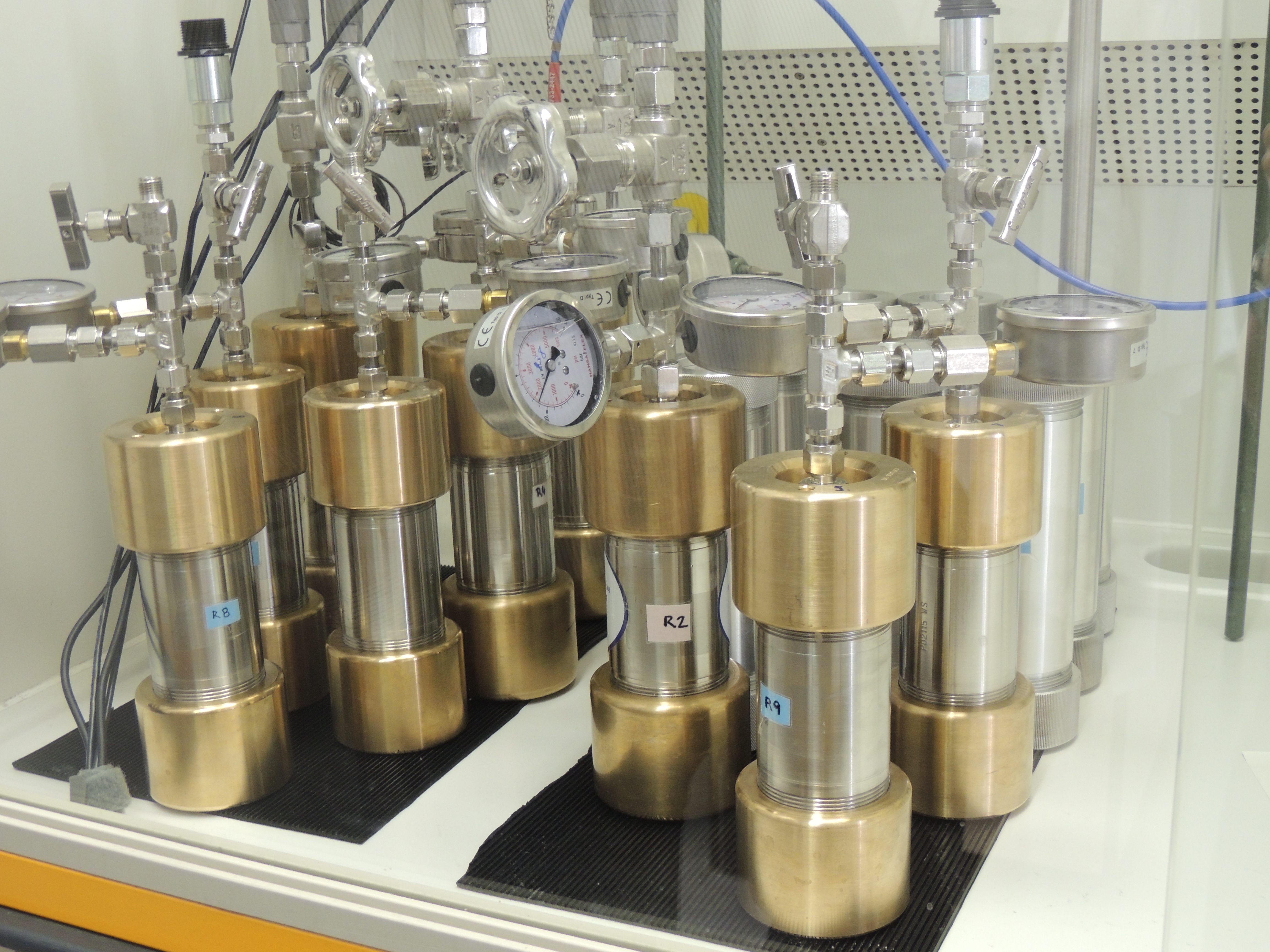
Oil biodegradation inhibited in deep-sea sediments-PSU News
UNIVERSITY PARK, Pa. — Degradation rates of oil were slower in the dark and cold waters of the depths of the Gulf of Mexico than at surface conditions, according to an international team of geoscientists trying to understand where the oil went during the Deepwater Horizon oil spill.
“There’s no real precedent for the Deepwater Horizon since most previous big spills were in shallow, coastal waters,” said Uyen Nguyen, a doctoral student in biogeochemistry at Penn State. “No one really knew how long it would take oil to biodegrade in the deep sea where it’s cold, dark, and under high pressure — factors that slow down microbial metabolism.”
Naturally occurring bacteria and microbes consumed an estimated 12 to 25 percent of the 210 million gallons of oil released during the Deepwater Horizon disaster. This occurred through biodegradation.
Full article from PSU News
Nguyen UT, Lincoln SA, Valladares Juarez AG, Schedler M, Macalady JL, Müller R, et al. (2018) The influence of pressure on crude oil biodegradation in shallow and deep Gulf of Mexico sediments. PLoS ONE 13(7): e0199784. https://doi.org/10.1371/journal.pone.0199784


